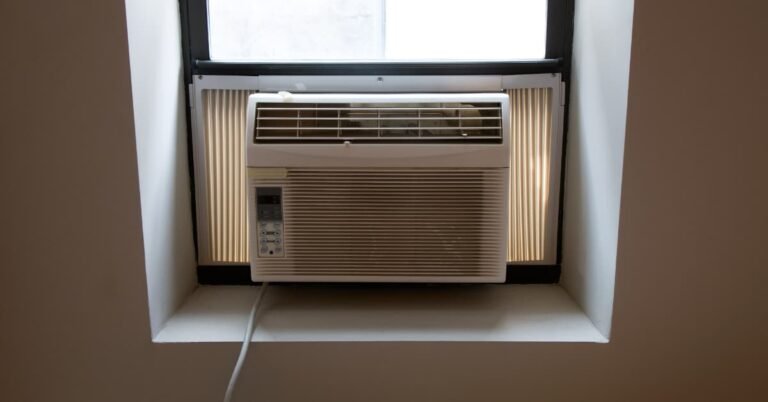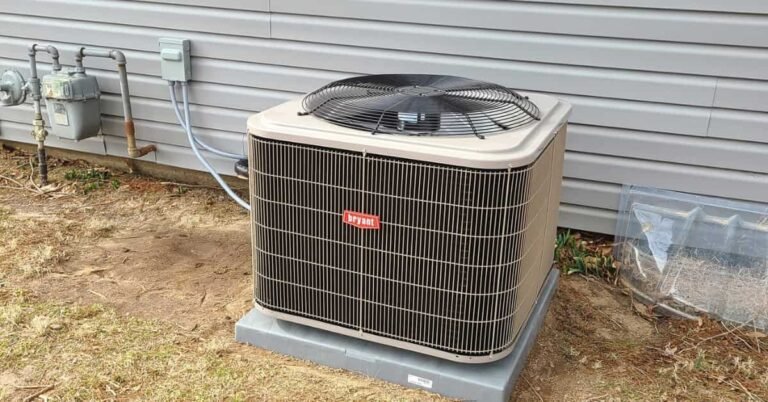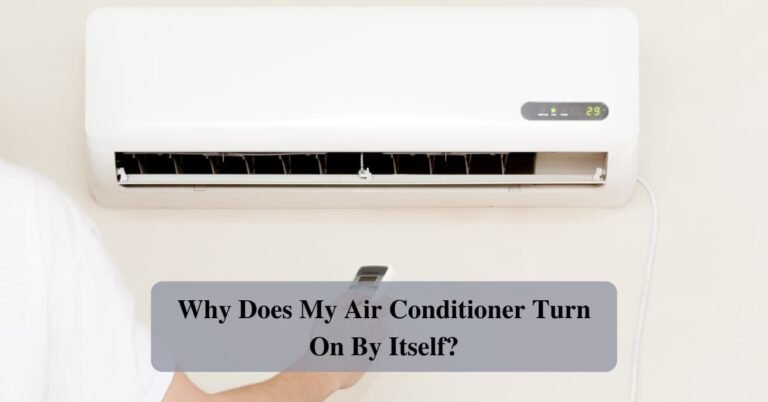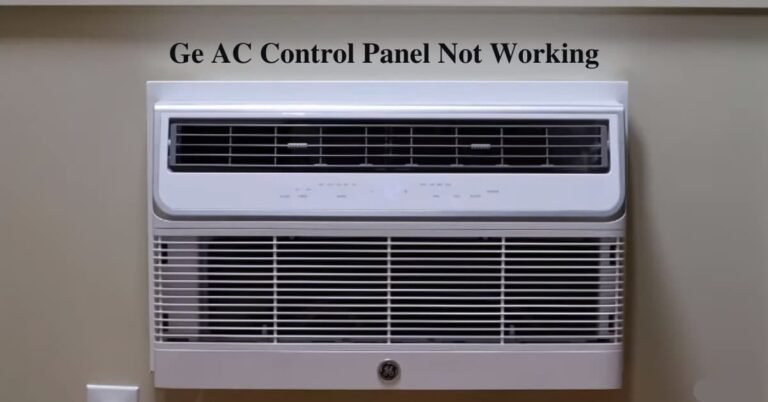Why Does My Air Conditioner Run More At Night?
At night, many people may notice that their air conditioner operates more frequently. Various factors contribute to this occurrence. Temperature differences between day and night can affect AC usage. Humidity levels also rise throughout the day, impacting the workload of the air conditioner.
The cooler outdoor temperature at night can also influence how often the AC runs. Moreover, certain indoor activities like cooking or using electronic devices can generate extra heat, causing the AC to work harder.
Understanding these factors can shed light on why your air conditioner runs more at night, helping you manage its usage and maintain indoor comfort.
Reasons For Air Conditioner Run More At Night
There are several reasons why your air conditioner may run more at night, such as temperature differences, humidity levels, outdoor temperature, indoor activities, and reduced heat gain.
Let’s explore each reason in detail:

1. Temperature Differences
One possible explanation for increased air conditioner usage at night is temperature disparities. As the sun sets, temperatures begin to drop, bringing the indoor environment closer to the desired thermostat setting.
Consequently, the air conditioner must run for longer periods to maintain the preset temperature, ensuring a comfortable atmosphere throughout the night.
2. Humidity Levels
Another factor to consider is humidity. During the day, humidity levels are often higher, making the air feel warmer than it actually is. As night falls and temperatures decrease, the air becomes more saturated with moisture.
In response, the air conditioner works overtime to reduce humidity levels and create a more pleasant indoor environment, necessitating longer operating times during the night.
3. Outdoor Temperature
The cooler temperatures at night offer some relief to the air conditioning unit’s external components. As the outdoor environment cools, the compressor faces reduced strain, facilitating more efficient operation.
This can result in the air conditioner running for longer durations during the night as it maximizes its cooling potential.
4. Indoor Activities
Engaging in activities such as cooking, taking hot showers, or using electronic devices can generate additional heat inside the house, especially during the night when these activities are more common.
This increase in internal heat load raises the indoor temperature, compelling the air conditioner to work harder and run for extended periods to counterbalance the additional warmth.
5. Reduced Heat Gain
Although direct sunlight is absent at night, other sources of heat gain still exist. Body heat, lighting, and appliances contribute to the overall heat load within the house, even during nighttime hours.
To maintain a comfortable indoor temperature, the air conditioner must continuously operate, compensating for these sources of heat gain.

Should I Turn Off My Air Conditioner at Night?
Deciding whether or not to turn off your air conditioner at night depends on various factors and personal preferences. Let’s explore the topic in detail.
Turning off the air conditioner at night can save energy and reduce electricity bills. Nighttime temperatures are generally cooler, making it possible to rely on natural ventilation instead of running the AC.
However, comfort and sleep quality should also be considered. In hot and humid climates, keeping the air conditioner on at a slightly higher temperature or using a programmable thermostat can help maintain a comfortable sleep environment.
Noise levels can disrupt sleep. If your air conditioner generates excessive noise, turning it off or using its sleep mode may provide a quieter environment during the night.
Consider convenience and pre-cooling options as well. Pre-cooling your bedroom before bedtime and then turning off the air conditioner can strike a balance between comfort and energy efficiency.
To turn off your air conditioner at night or not ultimately depends on climate, personal comfort, energy-saving goals, air quality, and sleep quality. Carefully evaluating these factors will help you make the right choice for your situation.
Which mode is best for AC at night?
Which is best for AC at night? The ideal mode for your conditioner depends on your comfort preferences and-saving goals.
Let’s some options:
1. Cool Mode: In hot and climates, using the cool mode can help maintain comfortable indoor temperature during the night. Set the desired temperature slightly higher than usual to save energy while ensuring a pleasant sleep environment.
2. Sleep Mode: Many air conditioners have a dedicated sleep mode designed to optimize comfort during nighttime hours. This mode gradually adjusts the temperature and fan speed to ensure a peaceful sleep while conserving energy.
3. Fan Mode: If the weather is cool enough at night, using the “fan” mode instead of the cooling mode can be a good option. The fan mode circulates the air without actively cooling, creating a gentle breeze that can make the room feel more comfortable.
4. Auto Mode: The auto mode allows the air conditioner to automatically adjust the temperature and fan speed based on the current conditions. This mode can be beneficial for night use as it optimizes energy efficiency while maintaining a comfortable environment.
5. Programmable Thermostat: Investing in a programmable thermostat enables you to schedule temperature adjustments according to your daily routine. You can set it to lower the temperature a little before bedtime, ensuring a cool and comfortable sleeping environment.
To find the optimal mode for your air conditioner at night, consider factors like climate, personal preferences, energy-saving goals, and temperature regulation. Experiment with different modes to promote a restful sleep while minimizing energy consumption.
Conclusion
Several factors contribute to why your air conditioner may run more at night. From temperature differences and increasing humidity levels to the cooler outdoor environment and heat-generating indoor activities, these elements affect the frequency of AC operation.
Understanding these reasons enables you to make informed decisions about managing your air conditioner usage. By being aware of these factors, you can adjust your cooling strategies accordingly to maintain a comfortable indoor environment throughout the night.






